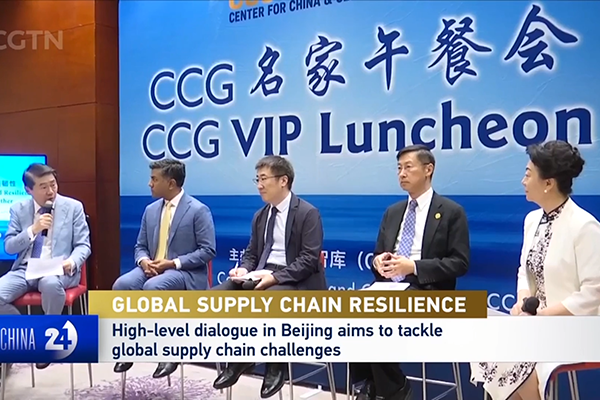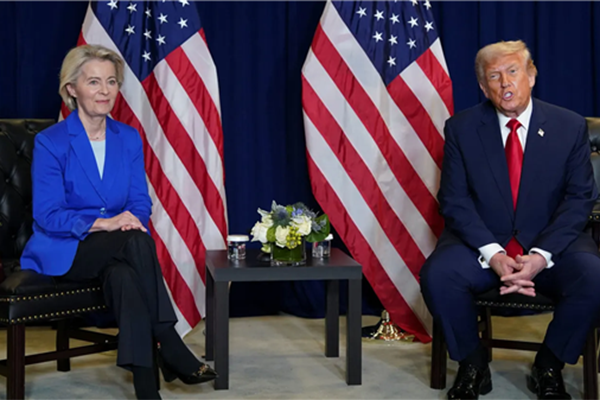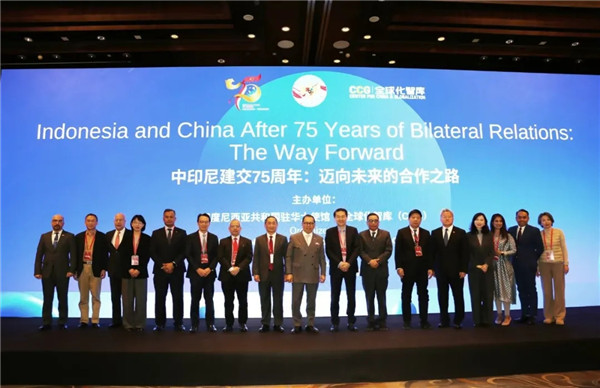Services, major sectors set to fuel further opening-up
September 12 , 2020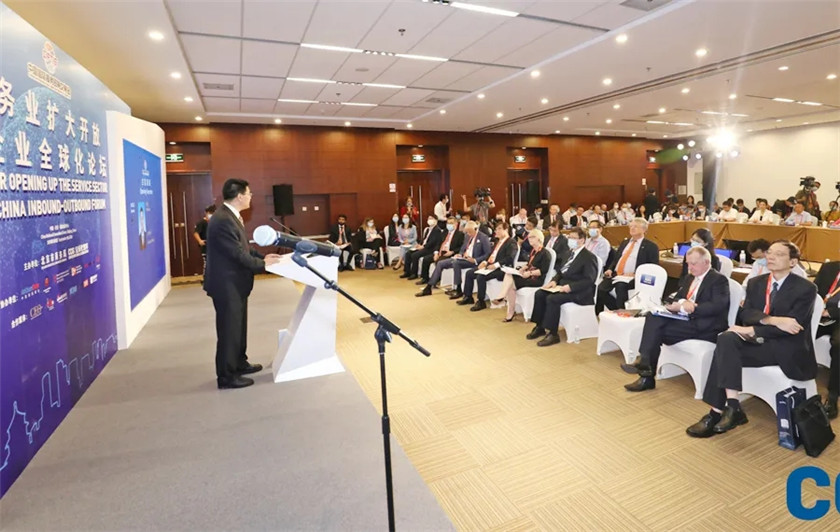
Global forum on further opening-up beyond pandemic with services and other major sectors fuelling recovery

Businesses and economies need to seize the growing opportunities in the services, technology and other major sectors to successfully face the challenges of the COVID-19 outbreak together and continue to work toward the proven benefits of globalization, experts said.
The coronavirus has severely affected all countries, with global industrial and supply chains bearing much of the disruption, but the pandemic has also stressed the need to keep multilateral trading systems and investment channels open, with the further opening-up of China a major factor in spurring worldwide economic recovery, participants of an international forum heard in Beijing on Tuesday.
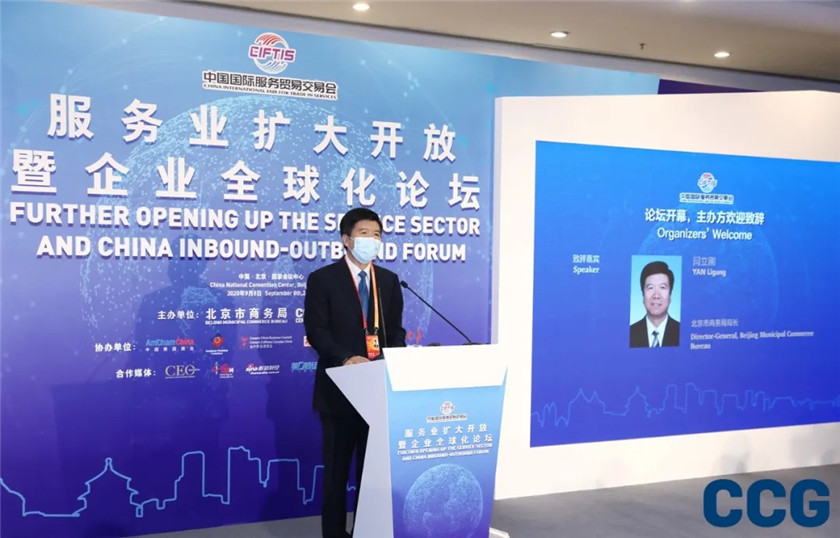
Yan Ligang, head of the Beijing Municipal Commerce Bureau, said there will be a further opening-up of trade in services, with the capital itself in a “multitiered position offering a safe and stable environment for conducting business”.
“The global environment is very challenging, but that is why the need for globalization is still great,” Yan said during the seventh China Inbound-Outbound Forum co-organized by the commerce bureau and the Center for China and Globalization leading think tank. The annual forum focuses on the modes, trends and issues regarding foreign direct investment flowing in and out of China, as well as the developments of foreign companies operating in the country and China’s homegrown multinationals.
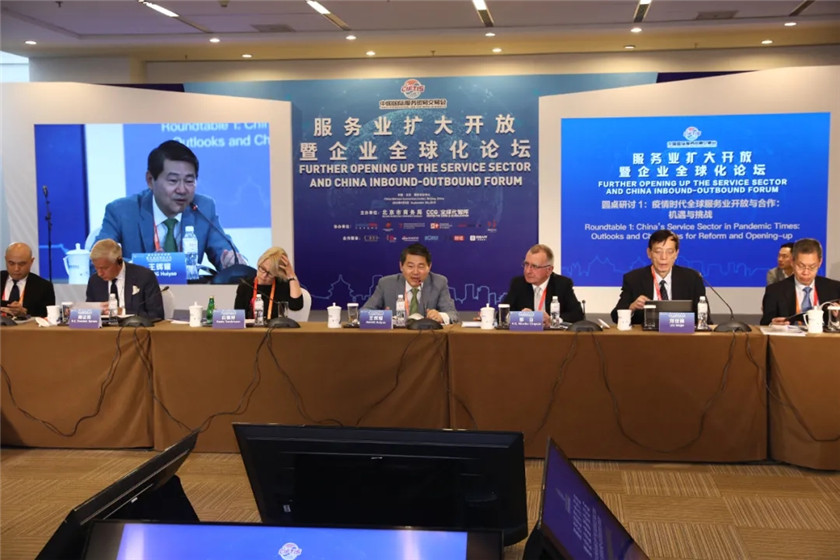
More than 60 business, commerce and policy luminaries from the public and private sector participated in the forum, which was itself held during the 2020 China International Fair for Trade in Services. The fair is the first major international economic and trade event conducted online and offline by China since the COVID-19 outbreak.
Forum participants held daylong discussions on global topics ranging from technology cooperation amid rising rivalry among major economies and the digital economy in the changing context of financial services.
The forum also included the release of the think tank’s economic and development reports, as well as the launch of a major initiative to establish a foreign chambers of commerce network.
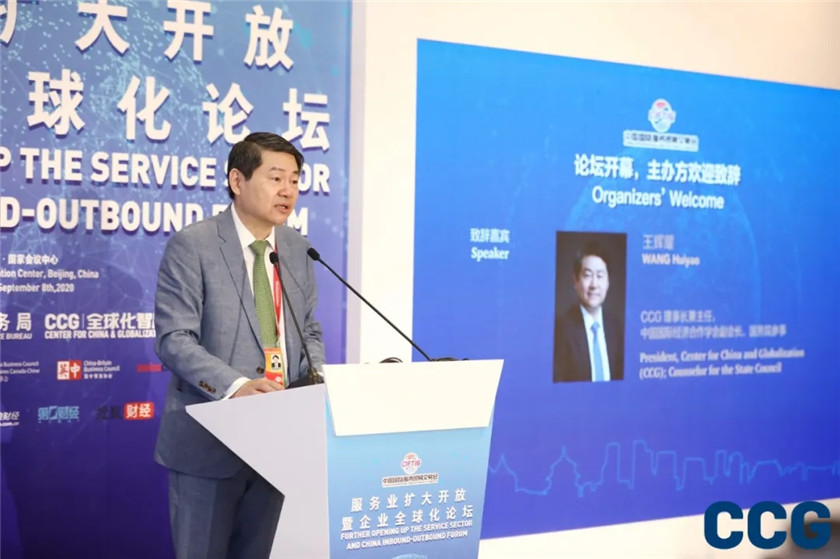
Wang Huiyao, president of the think tank, said the forum reflected the determination to tap opening-up opportunities amid the complicated development of international relations.
“We have to take strategies and measures to further open up and to get more investors from home and abroad. To seize the opportunities in supply chains and value chains,” Wang said.

Yang Jinbai, vice-mayor of Beijing, said the capital has targeted opening-up initiatives to promote growth, including the latest plans for a national integrated demonstration zone for further openness in the services sector, as well as a free trade zone featuring scientific and technological innovation.
“The pandemic has hindered globalization, with supply chains and industrial chains hit hard. In the face of this outbreak, we have to work together,” Yang said.
“We will expand the further opening-up of the service industry, facilitate trade, investment and proactively work with industry players.”
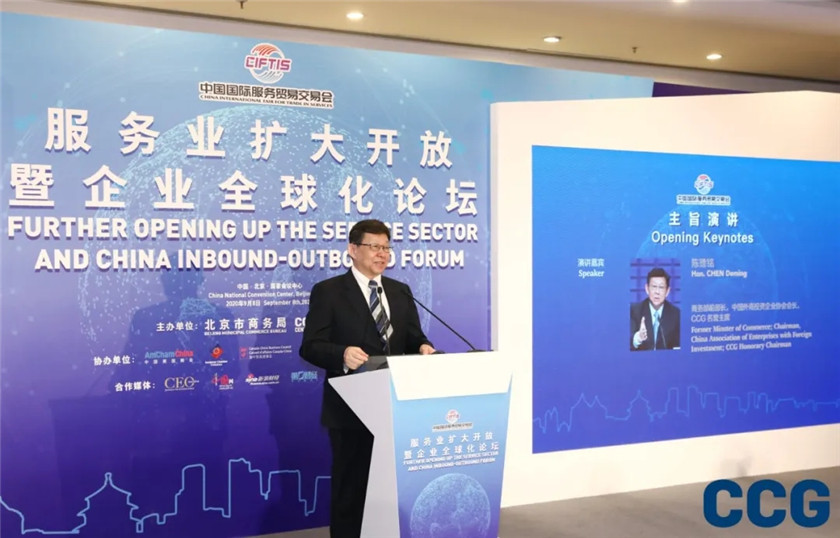
Chen Deming, former minister of commerce and president of the China Association of Enterprises with Foreign Investment, said the strong production capacity of economic globalization, the unity and perseverance of medical workers from various countries, and the collaborative research in the field of science and technology have all proven that humankind can overcome the epidemic.
“Enterprises, especially Chinese companies, will usher in a period … where difficulties and opportunities coexist after experiencing the pain of the epidemic and the rebound in the recovery period. China’s success in fighting the epidemic has not been accidental. It has not only shown the success of the system and policies, but also reflects the persistence and innovation of the people,” he said.
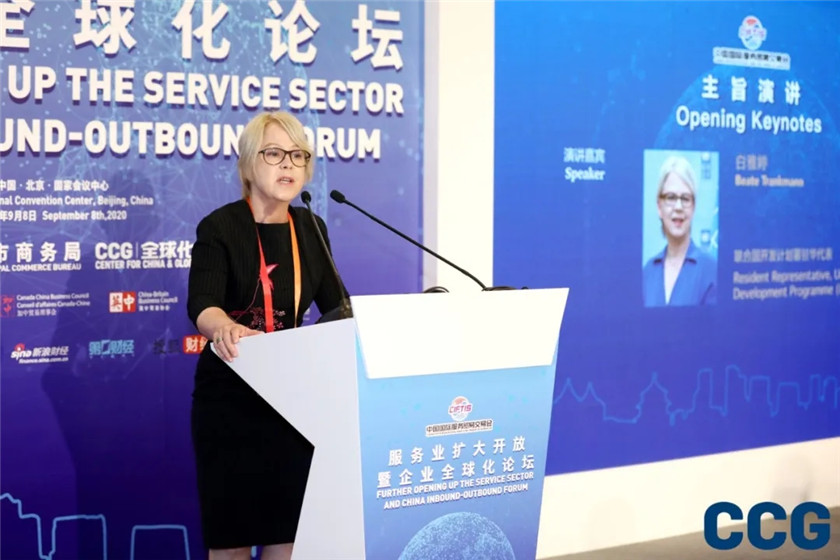
Beate Trankmann, resident representative of the United Nations Development Programme in China, said trade and investment must continue to be environmentally sustainable, with special economic and free trade zones, including those in China, shown to be important drivers for such green development and incentives helping to drive companies toward green growth models.
“We must act now. COVID-19 has revealed how vulnerable we are … it has also given us invaluable opportunity that we should not squander,” she said. “The habits developed during this crisis … have demonstrated that we can operate under a low-carbon model. Let us indeed work together for a sustainable future for all.”

Joerg Wuttke, president of the European Union Chamber of Commerce in China, said both sides must also continue to work toward more market entry and accessibility. The benefits that foreign businesses bring to China are very real and speak for themselves, and latest investment “shows the confidence we have in China”.
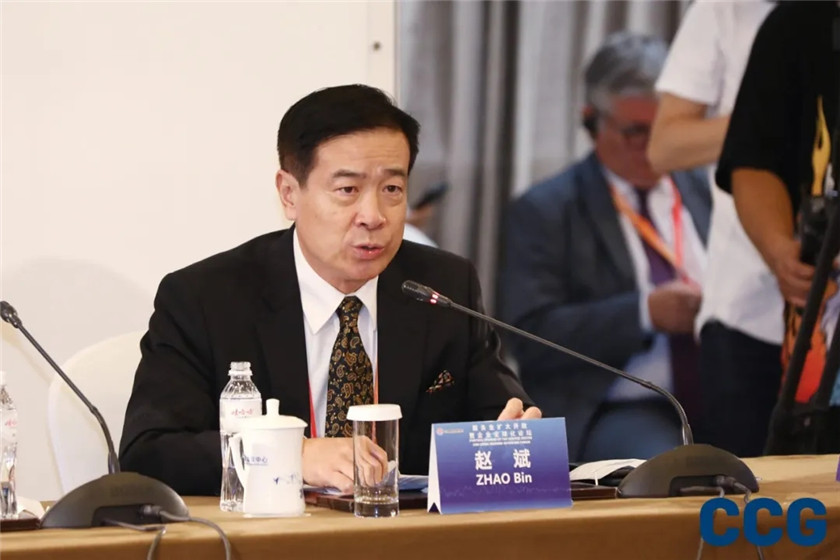
Zhao Bin, senior vice-president of legal and government affairs at technology multinational Qualcomm, said the new paradigm of development shows China “as an important driver of change”, with latest 5G developments in the country showing that “achievements can be made with Chinese partners”.
“We have always supported opening-up, we will continue to benefit from high-technology and the new paradigm of cooperation. Only be staying open-minded can we move forward,” Zhao said.
